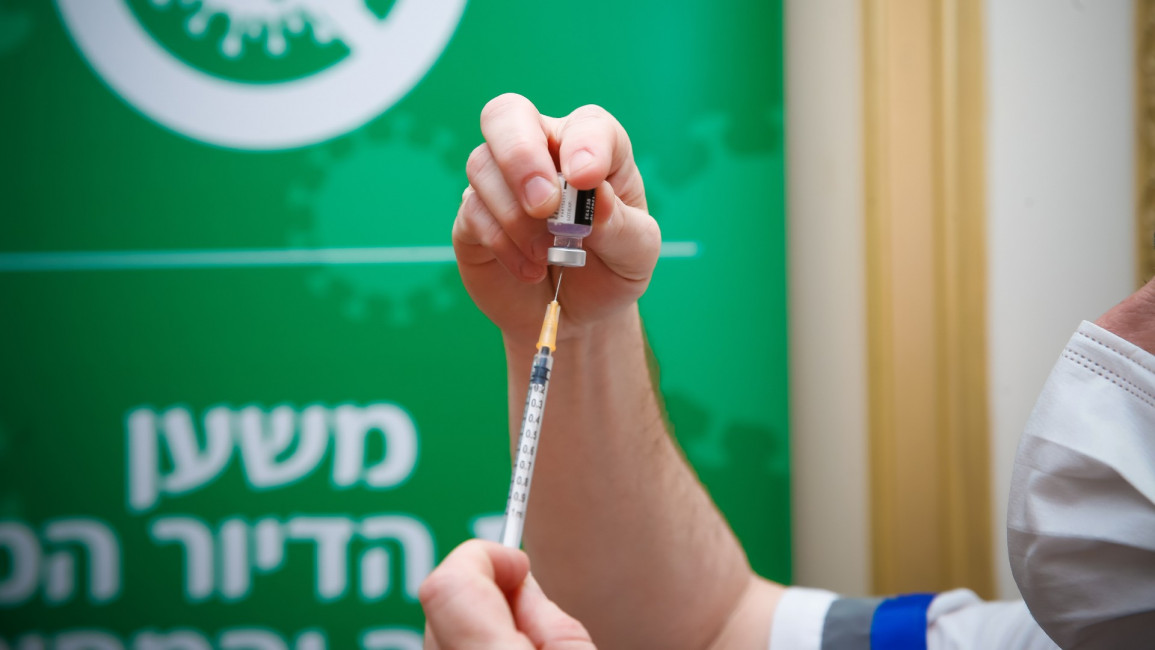Israel extends Covid lockdown despite vaccination drive
The Israeli government decided Tuesday to extend the country's coronavirus lockdown to the end of the month after a spike in infections, despite an intensive vaccination campaign.
Israel began its third lockdown in late December and tightened it on January 8, with officials saying at the time it would be lifted after two weeks if the daily caseload decreased sufficiently.
Since the rollout of vaccinations one month ago, the Jewish state had innoculated more than 2.2 million of its nine million inhabitants, Health Minister Yuli Edelstein said Tuesday.
In return for rapid delivery of the Pfizer-BioNTech vaccine, Israel has committed to sharing with the US-German manufacturer its data on the effects of the mass immunisation.
Despite the speedy operation, Israel said Tuesday it had logged a daily record of a little more than 10,000 new cases in the preceeding 24 hours.
As he headed into the cabinet meeting, Prime Minister Benjamin Netanyahu said the figures meant there could be no easing yet.
"We need to decide immediately about an additional extension of the existing lockdown," his office quoted him as saying.
"What is required here is a final effort, a joint effort by all of us to emerge from the coronavirus and save lives."
|
Later a joint statement by his office and the health ministry confirmed the cabinet decision.
"The cabinet has decided to extend the general closure in accordance with the existing detailed regulations for an additional 10 days until Sunday, 31.1.21 at midnight," it wrote.
The rise in infections, despite the lockdown and vaccinations, has been attributed to virus mutations and disregard by some people of restrictions on assembly.
"The mutations... spread faster from person to person, and that expedites the epidemic," Dr Boaz Lev, head of the health ministry council advising on the vaccinations, told AFP.
"We know that mutations reached Israel from all kinds of places," he said, adding that rules closing schools were being flouted by some ultra-Orthodox Jewish institutions.
"Weddings, gatherings, ultra-Orthodox schools - all of these have an adverse effect in the morbidity increase, and caused this significant outbreak," Lev said.
According a Tuesday update, Israel has recorded over 562,000 cases of Covid-19 infection and over 4,000 deaths since the pandemic began.
The cabinet also agreed that from January 23 travellers to Israel would only be allowed to board their flight on presentation of a negative Covid test taken during the 72 hours preceeding travel.
In light of the new high in infections, Israel and the United Arab Emirates suspended until July 1 a visa-free travel agreement negotiated after they normalised diplomatic relations in September.



